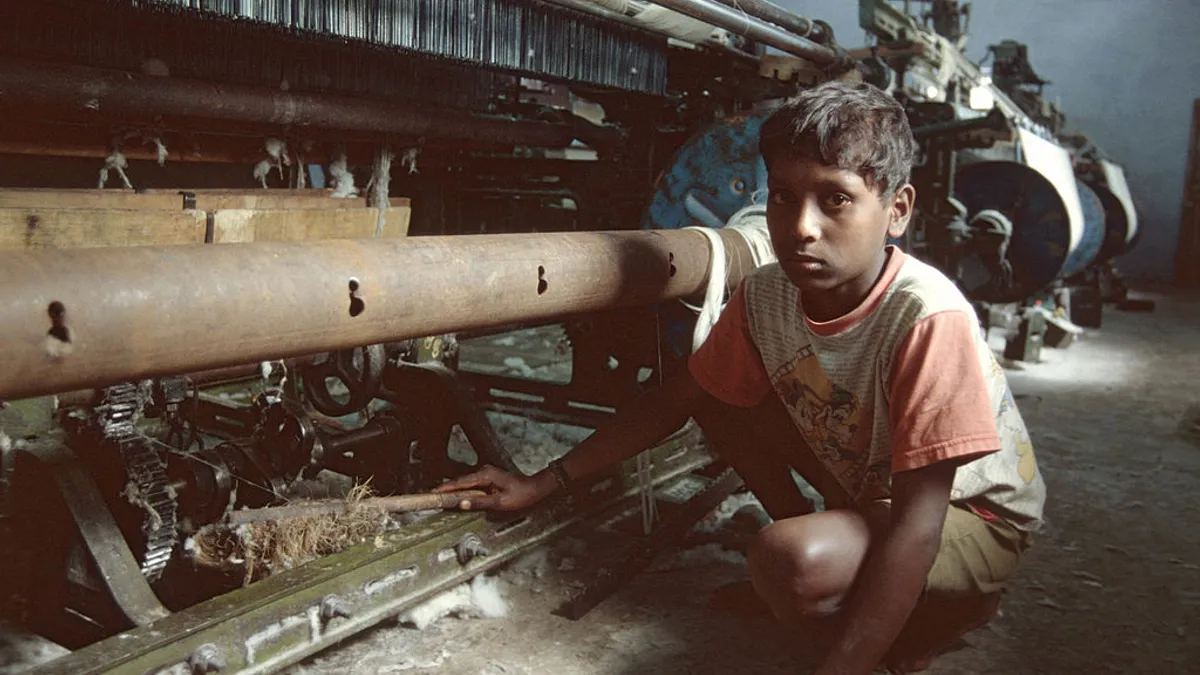Forced labor has long been a grim reality in supply chains. Cheap labor costs drive businesses to set up shop in foreign countries, which often lack formal and even informal human rights protections. Yet recently, a rising awareness of the harms of modern slavery and an increase in non-profit engagement has brought this human rights issue into the global spotlight.
The United Kingdom for example passed the Modern Slavery Act in March 2015, requiring organizations netting over $37.6 million a year to publish the steps they will take to root out slavery from their supply chains. In February 2016, the U.S. followed suit in enacting the Trade Facilitation and Trade Enforcement Act, which includes a section (H.R. 644 Section 910) restricting the import of goods produced with forced labor.
In practice however, business leaders must do more than simply report instances of slavery. Constant communication with suppliers, clear penalties for violations and collaboration with localities are all necessary to root out the practice from individual supply chains. There are no rewards for preventing these violations, but those who don’t do so will increasingly be punished by consumers for a lack of moral duty.
Over the past year, several companies have been forced to deal with supplier labor abuses. Here are but five instances we recorded:
-
Modern slavery allegations burn clothing supply chains
ASOS, Marks & Spencer and Uniqlo were recently implicated in child labor and unsafe workplace scandals, highlighting enforcement failures. Read More >>
-
Students demand Georgetown University cut Nike contract amid reports of supply chain abuses
Nike's close relationship with the university has come under pressure as the company refuses to subject its supply chain to watchdog audits. Read More >>
-
DOL investigation reveals how retailers hide labor abuses within supply chains
Lacking enforceable anti-slavery regulations, companies require active leadership and transparency policies to root out modern slavery. Read More >>
-
Deaths at Chinese Apple contractor spark ethics questions
What responsibility befalls executives for human rights violations in their supply chains? Read More >>
-
Are pharmaceutical supply chains ill-regulated?
An investigation into pharmaceutical suppliers' waste management practices reveals faulty enforcement of safety and environmental standards in India. Read More >>













